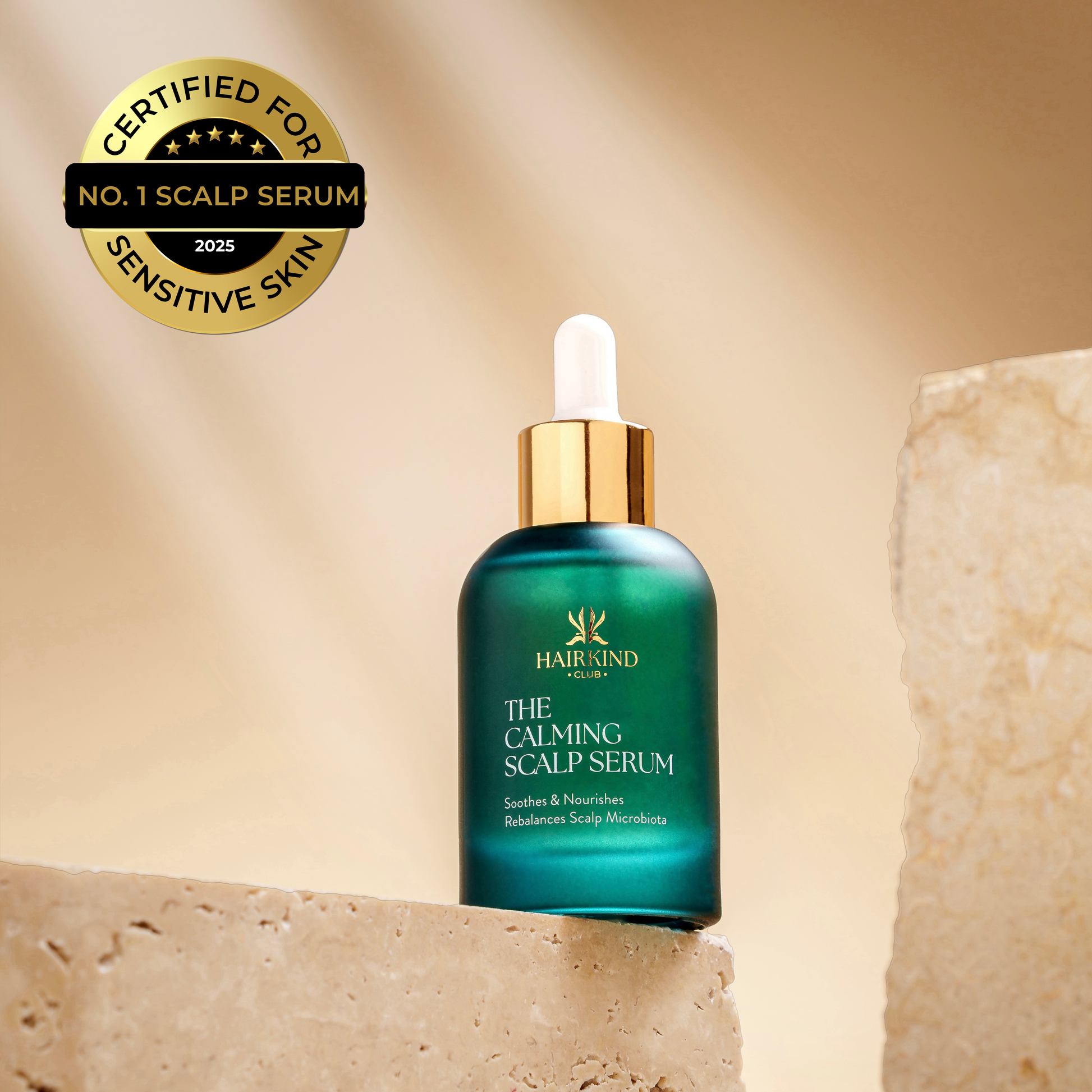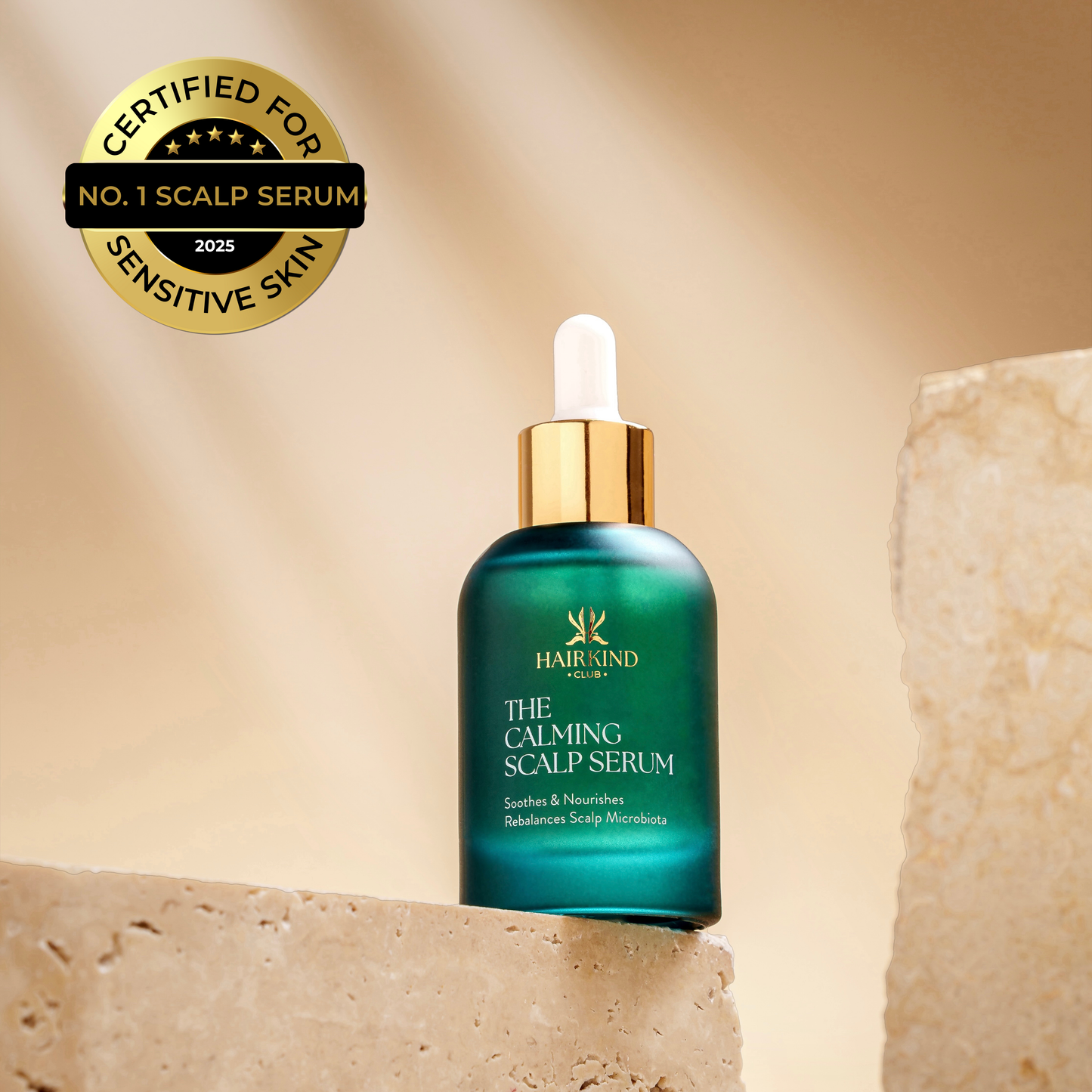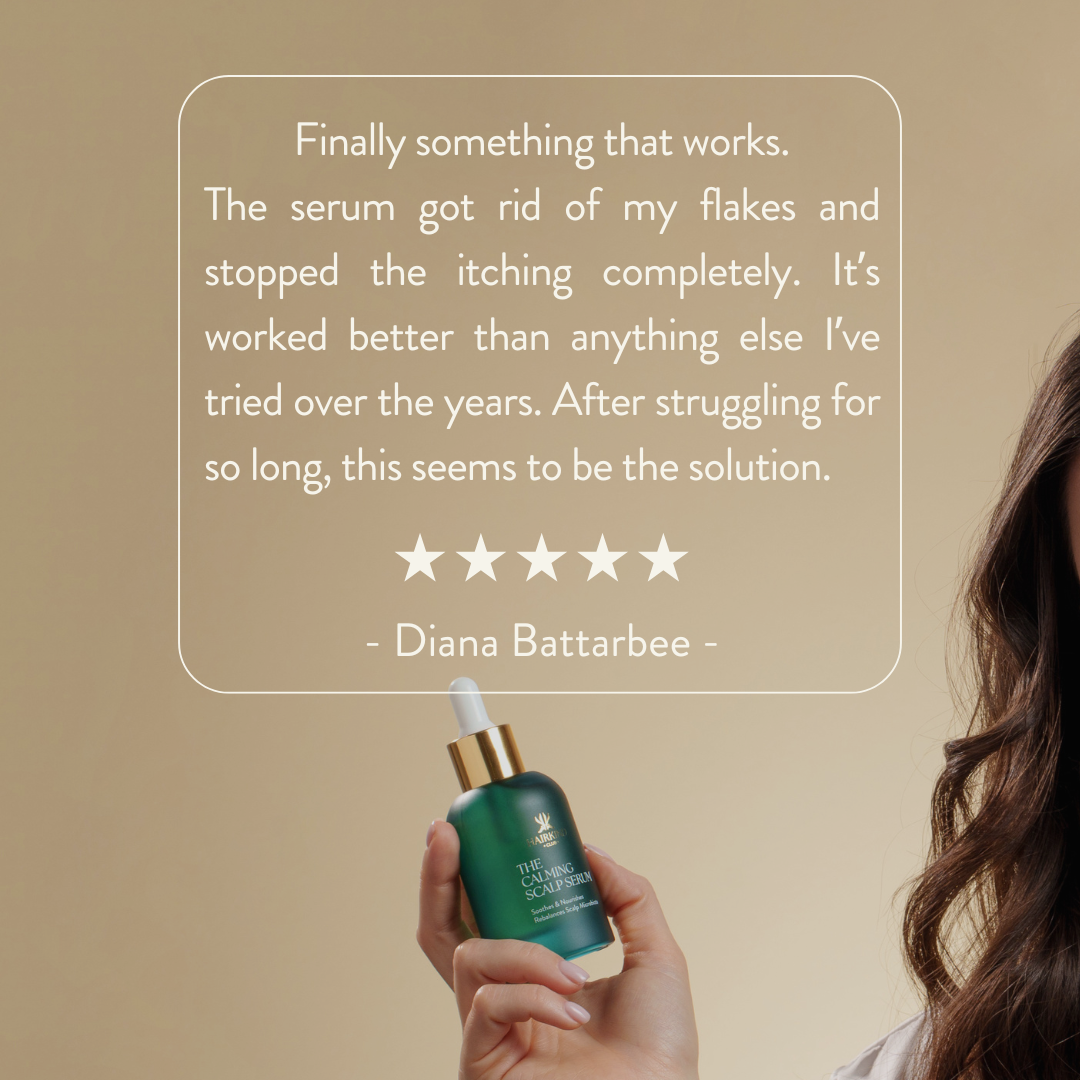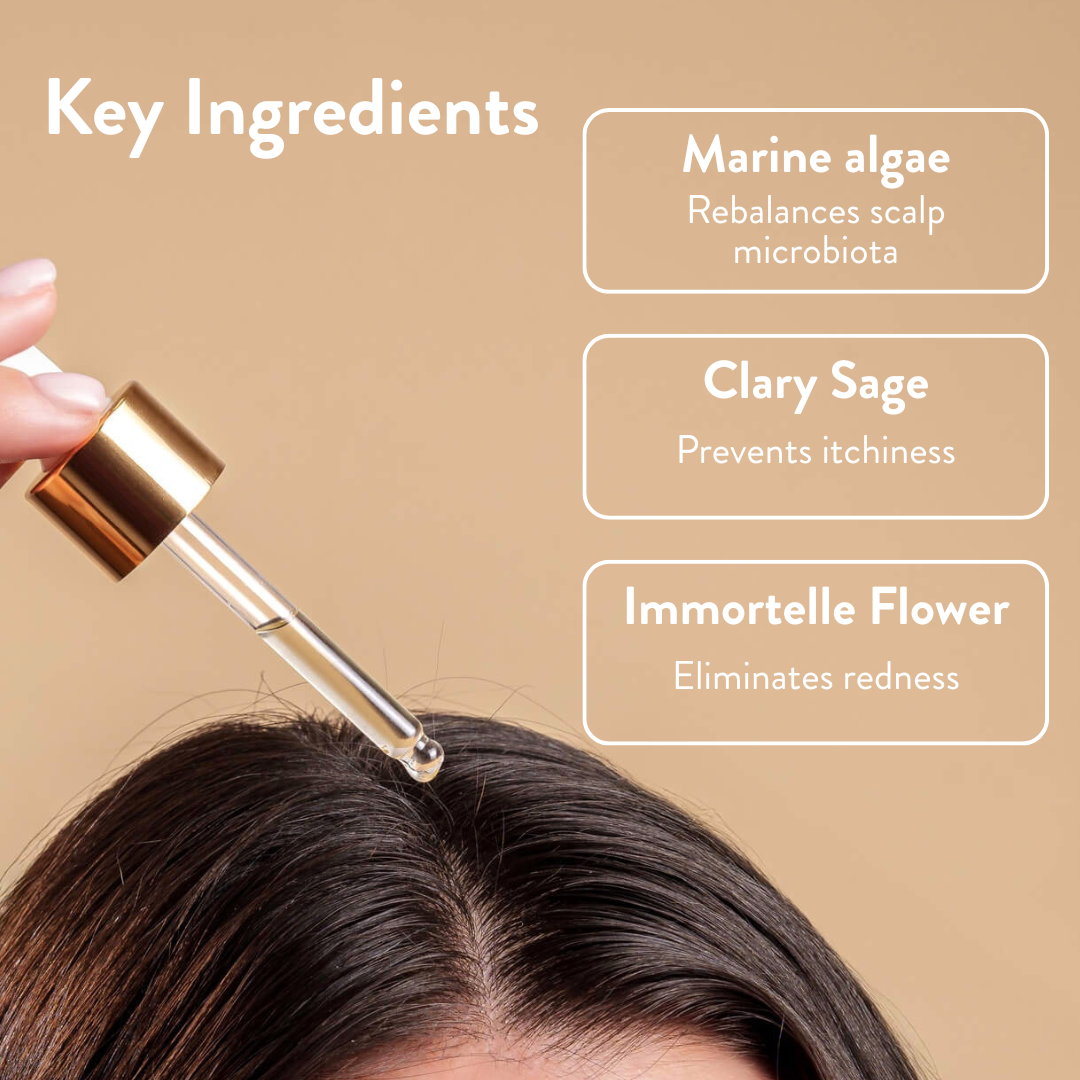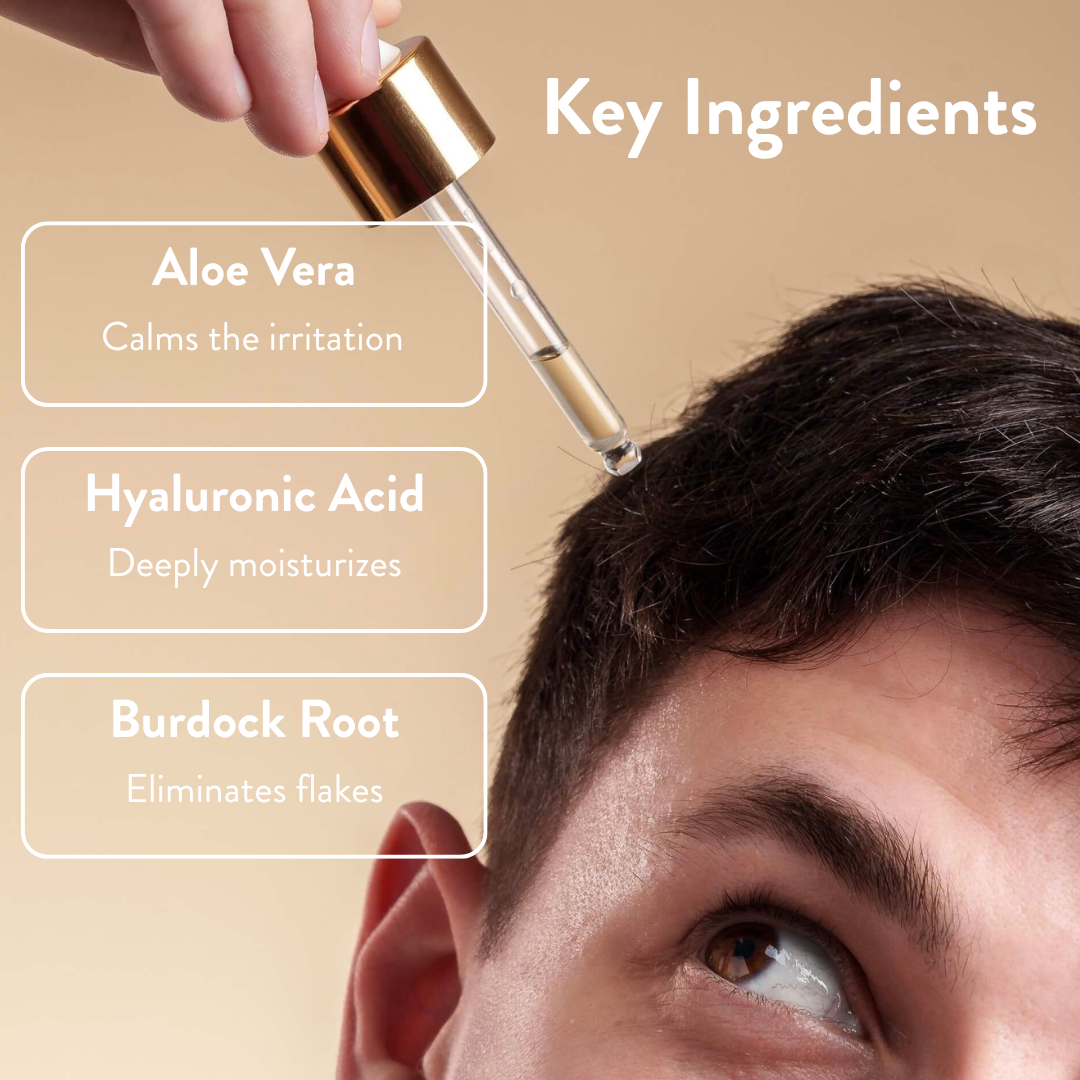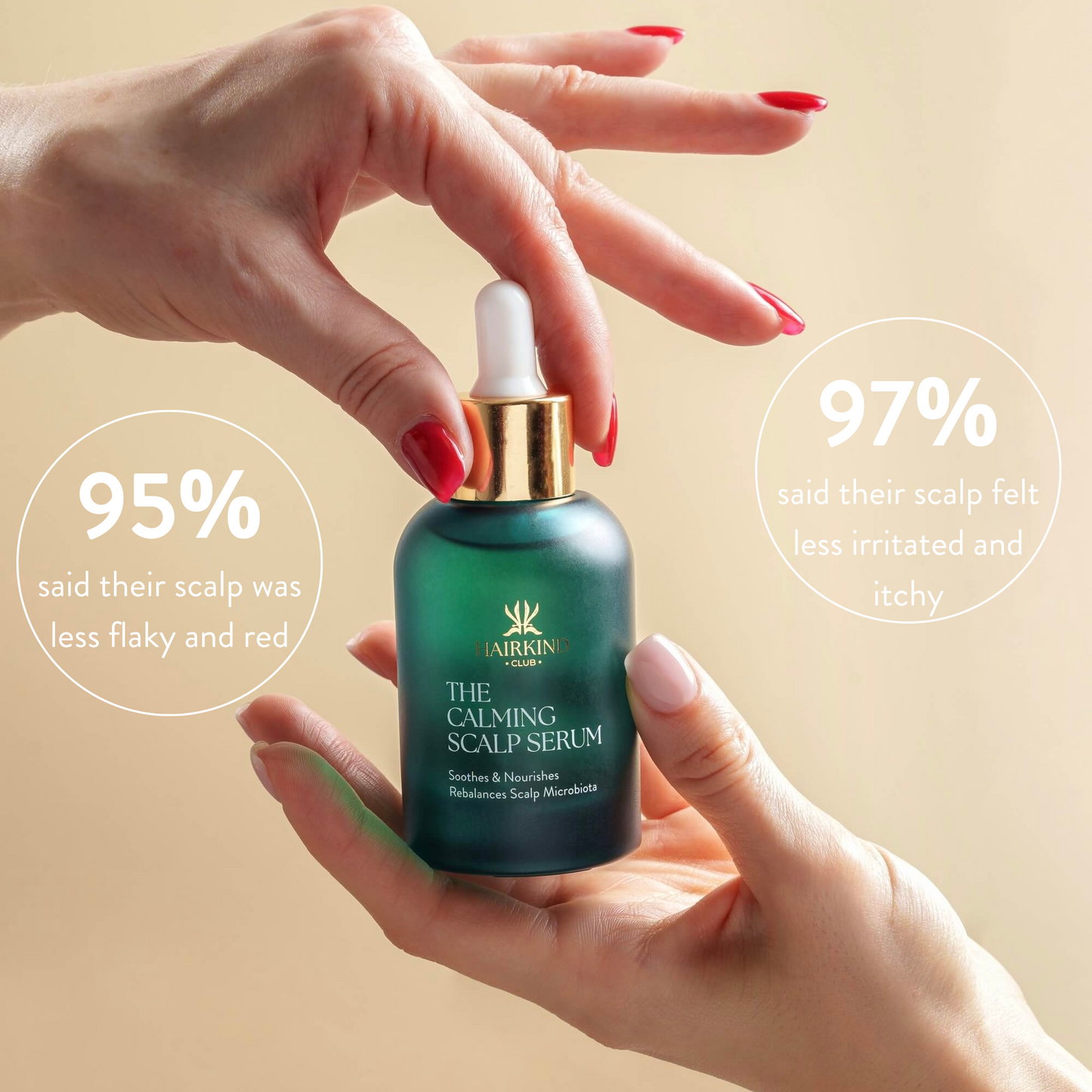Have you ever wondered what's in your shampoo and how it affects your scalp? One common ingredient, Sodium Lauryl Sulfate (SLS), found in many shampoos, might not be as friendly to your scalp as you think. Let's talk about why saying no to SLS will be a great decision for your hair and scalp health.
What is Sodium Lauryl Sulfate?
SLS is substance used in products such as shampoo, toothpaste, and mouth rinses as foaming and cleansing agent. It's what makes all those bubbles and helps get rid of dirt and oil. But sometimes, it can be a bit too harsh and irritating, and a shampoo containing 15% SLS is mainly tolerable only because it comes in contact with your scalp for just a few minutes and is diluted with water while in use. Should you get some in your eyes you'd certainly want to flush it out as soon as possible, and you really don't want to swallow it.
How SLS can damage your scalp and hair?
It Can Make Your Scalp Dry and Itchy: SLS is so good at cleaning, it can take away the natural oils that keep our scalp happy. This can leave you with a dry, itchy scalp.

Too Much Cleaning Can Be Bad: Just like washing your hands too much can make them dry, SLS can be too much of a good thing for your hair, making it weak and easy to break.
Disturbing the Natural Oil Balance: The scalp produces natural oils to maintain hair health. SLS's deep cleansing action might disrupt this balance, leading to either overly dry scalp or, paradoxically, increased oil production as the scalp tries to compensate for the dryness.
Potential for Long-Term Scalp Conditions: For those predisposed to seborrheic dermatitis (a condition that makes your scalp flaky, red, and itchy), SLS's harsh cleansing action can aggravate the skin, leading to more frequent and severe flare-ups.
Disruption of Skin Barrier: Studies suggest that SLS can weaken the skin's natural barrier, making the scalp more susceptible to fungal infections, a known exacerbating factor for seborrheic dermatitis.

A Little Known Fact: In the world of hair care, some companies cleverly market a combination of an anti-dandruff shampoo with a balancing shampoo. They promise that using these products in tandem will not only combat dandruff effectively but also prolong the efficacy of the treatment. However, there's a catch that consumers should be aware of. Some of these balancing shampoos contain SLS, the very ingredient known to potentially irritate the scalp and exacerbate dandruff and seborrheic dermatitis. This creates a cyclical problem where the balancing shampoo, while intended to support the anti-dandruff treatment, ends up undoing its benefits by irritating the scalp. As a result, users may find themselves in a never-ending loop, constantly switching back to anti-dandruff treatments to mitigate the effects caused by the SLS in the balancing shampoo. It's a clever marketing strategy but one that may not be in the best interest of long-term scalp health. So keep a close eye on the labels of your hair routine products.
The Benefits of SLS-Free Shampoos
Switching to shampoos without SLS can be a game changer. These gentler shampoos clean your hair without the harsh effects. Here's what you might notice:- Less itchiness and dryness
- A decrease in the frequency and severity of seborrheic dermatitis flare-ups
- Improved overall scalp health and hair quality
- Better maintenance of the scalp's natural oil balance
While choosing an SLS-free shampoo is a great start, give your scalp the ultimate care it deserves with The Calming Scalp Serum ↓



